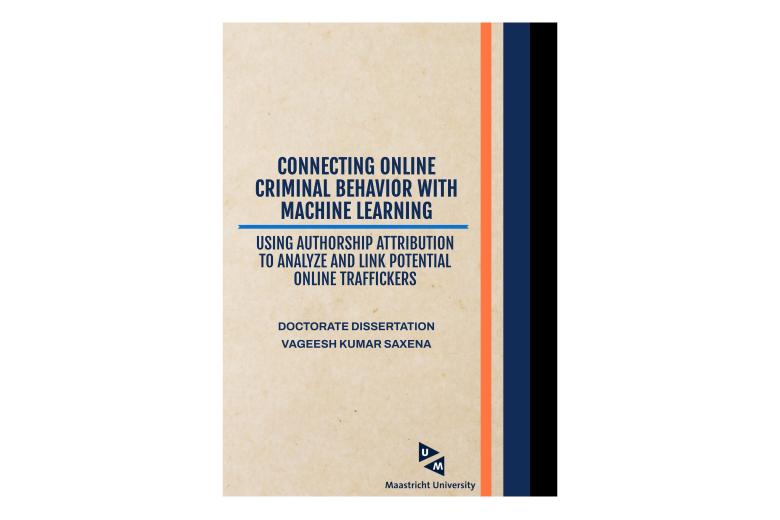Employee well-being, professional development and the new normal at work
Looking back on the last two years, it is safe to say that we all have been through a lot. Most of us (individuals, families, organisations, and society as a whole) are coming out of “crisis mode” and we all need to get used to a new normal. Of course, the pandemic is not over, but as most corona measures have been lifted (at least here in the Netherlands), we can take a moment and reflect on our (work) life of the last years. What have we learnt about ourselves and how we approach work? What are things we absolutely want to avoid in the future and what are things that we should keep as part of our everyday work life?

One thing that strikes me the most is how well we got used to working remotely over the past years. Of course, having a video call here and there with clients and colleagues was common before the pandemic as well. However, I think that this was not the norm for most of us. Switching to nothing but remote work more or less over night was challenging (to say the least). We had to find ways to conduct our work online, and we often had to adapt to difficult circumstances and limited options. Moreover, the pandemic brought more workload, more stress and sometimes pushed us to (or over) the edge of what we could handle. Our well-being was at risk (and not only by the virus itself).
However, low well-being for example due to continued work stress did not just suddenly appear during the pandemic. For many occupations, this was already an issue before the pandemic. If you are living in the Netherlands, you might remember the protests in the health and education sectors in 2019 (and before), which were also related to (but not limited to) the high workload employees were facing on a daily basis. The pandemic added new challenges on top of old issues, but also highlighted existing issues. At our university, the well-being of our students was suddenly high on the agenda as our students were facing social isolation due to the limited (online) contact with peers and educators. In addition, the well-being of staff members received more and more attention as people were facing increased workload, especially related to educational tasks. Low employee well-being in academia is not new either. For me, this attention for well-being is a positive outcome of the pandemic and I hope that we keep this high on the agenda, even after the pandemic. However, we have to beware of making old issues part of our new normal in our wish to leave the pandemic days behind us.
Looking at my own new normal at work, it seems as though remote work is here to stay (although to a lesser extend compared to the last two years). One positive thing (at least in my opinion) that came out of the last years is the possibility to work from home a couple of days each week. I think that most of my colleagues agree that having the flexibility to work from home on some days is a very nice development. Once I got used to working remotely during the pandemic, it was actually often enjoyable and helpful, and I have often heard my colleagues saying the same. Of course, this might not have been the case for everyone.
Now, many employees seem to be working in a hybrid situation; some days working from home, some days working at the office. Some employees still work from home completely, and others are back at the office full time. This brings new challenges. Not all employees are at the office at the same time, team meetings are done in a hybrid way, and some colleagues still do not see each other on a regular basis. What does this mean for our well-being and our possibilities to connect with each other? How can we make sure to pay enough attention to our colleagues who are still working from home while many of us are at the office again?
During a meeting this week, one of my new colleagues (who had joined our department during the pandemic) expressed how happy she was to be at the office for a couple of days a week instead of working from home all the time. Being at the office made it possible for her to learn from her colleagues and connect with them so much faster than she did while working from home. She also said: “For you this might be different, you were already a team before the pandemic, but I am new to everything.” This made me think about my own professional development during the pandemic and I think that she is right to a certain extent. Yes, it probably was easier for me but the lack of social interactions with colleagues made it more difficult for all of us to exchange knowledge and learn from each other.
A lot of our professional development takes place informally. We learn from our colleagues or with our colleagues even during the most casual situations. Even random encounters at the coffee machine can spark new ideas and collaborations. However, to make this happen, we have to bring people together. One issue that we see in academia (and that we also see in other organisations) is that people often do not exchange knowledge and experiences across departments. We stay in our own bubble. Bringing people together across departments creates new opportunities to learn and innovate and is also positive for employee well-being. You can find out more about the role of social support for professional development of employees in our published paper on professional development and well-being of academics.
Taking a look at our new way of working, bringing people together might be more difficult than ever. If this was already difficult before the pandemic, how can we do so now in our new hybrid normal? I am looking for answers to this question because I sincerely hope that attention for employee well-being is not only a hype, but here to stay.
Also read
-
Costas Papadopoulos awarded Open Science NL grant
€1.5 million for Open Science Digital Infrastructure for 3D Scholarship
-
AI and the Future of Tax Law: Rethinking Compliance, Governance, and Legal Design
On 17-18 December 2025, the Maastricht Centre for Taxation hosted an international online conference titled “AI and the Future of Tax Law: Rethinking Compliance, Governance, and Legal Design”.
-
Connecting Online Criminal Behavior with Machine Learning: Using Authorship Attribution to Analyze and Link Potential Online Traffickers
PhD thesis by Vageesh Saxena